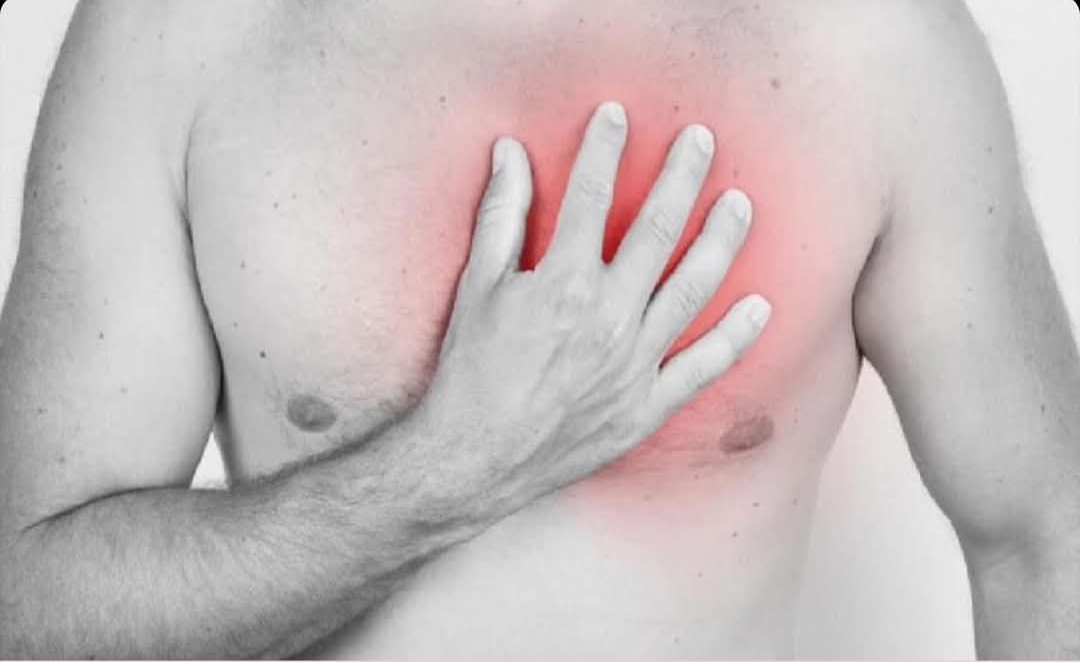Protect Your Heart: Recognize the Warning Signs of a Heart Attack

Don’t ignore what your body is trying to tell you—these signs could save your life. Heart attacks often come without warning, but your body usually gives subtle clues days or even weeks before the event. Recognizing them early can make a big difference between life and death.
Common Warning Signs to Watch For:
- Chest Discomfort or Pressure
A squeezing, fullness, or painful pressure in the center or left side of your chest that lasts more than a few minutes or goes away and comes back. - Shortness of Breath
Difficulty breathing, even when you’re not exerting yourself, especially when paired with chest discomfort. - Fatigue
Unusual, extreme tiredness or weakness, particularly in women, days or weeks before the heart attack. - Pain in the Arms, Back, Neck, Jaw, or Stomach
This may come and go and feel more like pressure than sharp pain. - Cold Sweats
Breaking out into a cold sweat without any physical reason could be a serious red flag. - Nausea or Lightheadedness
Feeling dizzy, nauseous, or like you might pass out can happen just before or during a heart attack.
Less Common But Important Symptoms (especially in women):
- Unexplained anxiety or a sense of doom
- Indigestion-like feelings or heartburn
- Pain between the shoulder blades
What to Do If You Notice These Signs:
- Don’t wait. Call emergency services immediately (like 911).
- Chew an aspirin (if not allergic) to help thin the blood.
- Stay calm and rest while waiting for help.
FAQs
Q: Can heart attack symptoms last for hours or days?
Yes, some people—especially women—may experience milder symptoms for days or weeks.
Q: Are symptoms the same for everyone?
No. Symptoms can vary by age, gender, and individual health conditions.
Q: What’s the best prevention?
A healthy diet, regular exercise, quitting smoking, managing stress, and monitoring blood pressure and cholesterol.






